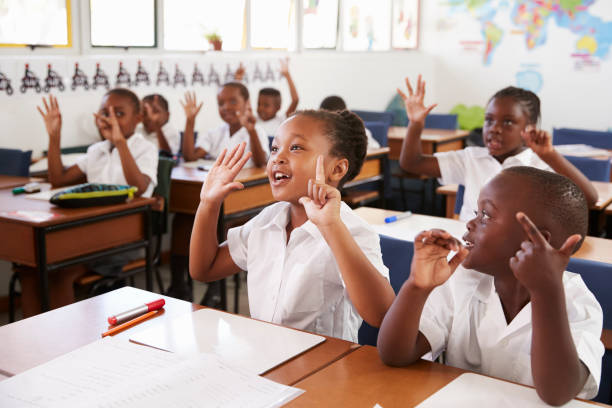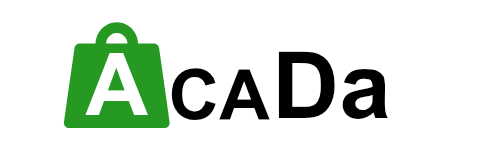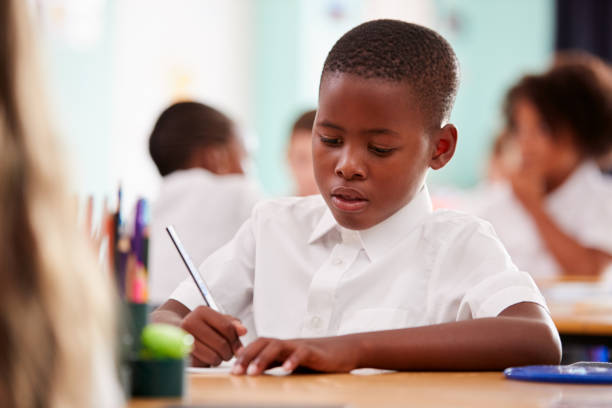The debate topic, private schools are better than public schools has been on the books for a long time. Some always go with the motion that public schools are better, while others oppose the motion.
As a teacher or student who is still in awe about the best debate topic to pitch on during school celebrations or gatherings, here is one to get onto.
In this content, I will be proposing the motion that says private schools are better than public schools with 10 winning points.
Read Also: Public Schools Are Better Than Private Schools (10 Debate Points)
10 Debate Points For Private Schools Are Better Than Public Schools

1. Smaller Class Sizes Mean Better Learning
Private schools are better than public schools because they usually have fewer students in each class. This means teachers can give more attention to every student. No one gets lost in the crowd.
Whereas in public schools, a teacher might have to handle 50 or more students at once. But in private schools, it could be just 15 or 20. This allows the teacher to focus on each person’s weaknesses and strengths.
When students get individual attention, they understand lessons better, perform well in exams, and develop more confidence. That’s why smaller class sizes give private schools an upper hand.
2. Better Learning Facilities
Private schools invest more in modern classrooms, laboratories, and libraries. You are more likely to see smart boards, computers, and well-stocked science labs in private schools than in most public ones.
These facilities make learning more interesting and practical. Instead of just reading about a science experiment, you can actually do it yourself. This helps you understand faster and remember longer
A good environment motivates students to learn more. So if you compare facilities, private schools clearly have the advantage.
3. Motivated Teachers That Are Willing To Teach
Private schools often hire teachers who are highly qualified and passionate about their work. They also train them regularly to keep up with modern teaching methods.
On the other hand, in public schools, teachers may be overworked or less motivated because of low salaries and large class sizes. But private school teachers are usually better paid and appreciated, so they give their best effort.
A good teacher can inspire you to love learning. And private schools have more such dedicated teachers, which makes them better.
4. Strong Discipline And Moral Training
Private schools place a high value on discipline. Students are expected to follow rules, respect teachers, and behave responsibly.
Because of this discipline, students in private schools are less likely to engage in bad behaviour during school hours. Teachers and school authorities enforce these rules strictly but fairly.
Discipline shapes character, and good character helps in future success. This is why private schools produce more disciplined and focused students.
5. More Extracurricular Activities
Students in private schools don’t just focus on academics. They also have sports teams, music clubs, drama groups, and other fun activities.
These activities help students discover their talents outside the classroom. They learn teamwork, leadership, and time management skills while having fun.
Some public schools lack the resources to organise such activities regularly. Private schools give students a more balanced education.
6. Better Student Performance in Exams
If you check exam results, private schools often top the charts. Their students usually do better in national and international exams.
This success comes from having qualified teachers, enough learning resources, and smaller class sizes. Students get more help and support to pass their exams.
A school’s main aim is to help students succeed academically. And private schools are more successful in achieving this goal.
7. Safe and Conducive Learning Environment
Private schools are better than public schools because they invest in proper security and maintenance of their buildings. They have gates, security guards, and safe classrooms.
Many public schools, overcrowding and poor infrastructure can sometimes make the environment unsafe or uncomfortable for learning.
When students feel safe, they can concentrate on their studies without fear. That’s why a secure environment in private schools gives them a clear advantage.
8. Modern Teaching Methods
Private schools often use creative and interactive ways to teach. This could include technology, group work, debates, and educational trips.
For many public schools, teaching might still be mainly about writing notes from the board. This can be boring and less effective.
Private schools are better than public schools because modern teaching keeps students engaged and makes learning exciting. That’s another reason private schools come out on top.
9. Better Parent Involvement
Private schools encourage parents to be actively involved in their children’s education. They hold regular meetings, give feedback, and create communication channels between parents and teachers.
When parents are involved, they can help their children improve in weak areas and celebrate their successes. This builds a strong support system for the student.
10. More Focus On Individual Talents
Private schools are better than public schools because they often spot and develop each student’s unique talent. If a student is good at sports, music, art, or science, the school creates opportunities for them to grow in that area.
Public schools’ focus is always on general academics because of limited resources. This can make talented students feel ignored.
By encouraging individual talents, private schools prepare students for diverse careers and life opportunities.

Conclusion
Lastly, private schools are better than public schools because they prepare students not just for exams, but for life. They teach skills like leadership, critical thinking, and communication.
A school’s ultimate job is to prepare students for the future. Private schools do this more effectively, which makes them the better choice.
Although both learning environments are good, this content was not written to write any of them off, but for educational purposes only.





How many points does the author plan to use to support the motion that private schools are better than public schools?
Private schools indeed provide a more balanced and supportive environment
Private school are mostly preferred than government school for better parents